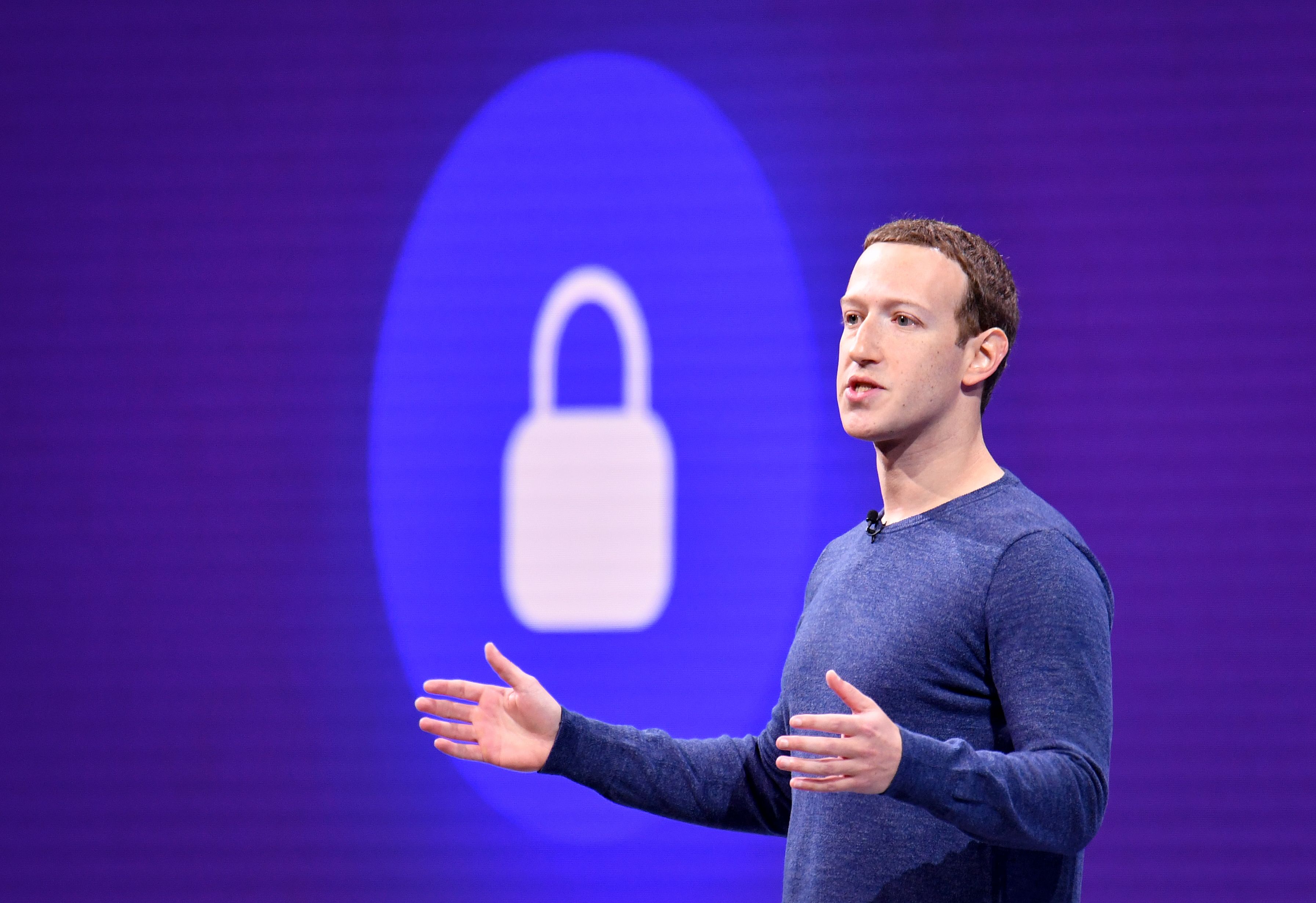Mark Zuckerberg just released a predictably misleading defense of Facebook's data practices


A free daily email with the biggest news stories of the day – and the best features from TheWeek.com
You are now subscribed
Your newsletter sign-up was successful
Mark Zuckerberg really wants the world to know that Facebook doesn't "sell people's data," and he'll take any opportunity he can to prove it.
Experts would point out that the social network sells advertising spots tailored to users' interests, which it learns via their data. And they'd say Cambridge Analytica sure got a lot of information from Facebook, perhaps for a fee.
But "selling people’s information to advertisers would be counter to our business interests," Zuckerberg claimed Friday in a Wall Street Journal op-ed that he says provides "the facts about Facebook." The op-ed is an apparently clarification of Facebook's mission as it turns 15 years old next month.
The Week
Escape your echo chamber. Get the facts behind the news, plus analysis from multiple perspectives.

Sign up for The Week's Free Newsletters
From our morning news briefing to a weekly Good News Newsletter, get the best of The Week delivered directly to your inbox.
From our morning news briefing to a weekly Good News Newsletter, get the best of The Week delivered directly to your inbox.
Zuckerberg starts his op-ed by describing Facebook in his usually positive way, calling it "a service people could use to connect and learn about each other." But since the company's founding, advertisers have started to learn things about people, too. Facebook collects data "based on what pages people like" and "what they click on" and filters those people into categories, and then "charge[s] advertisers to show ads to that category," Zuckerberg explains. That advertising revenue lets Facebook remain free for users.
So, like Zuckerberg has repeatedly claimed and said again Friday, advertisers don't pay Facebook and directly get a data dump. But charging advertisers for data-driven ad spots, yet claiming it's not selling data, is "like a bar's giving away a free martini with every $12 bag of peanuts and then claiming that it's not selling drinks," Stanford University professor Michal Kosinski explained in a New York Times op-ed in December. And that's only touching on the policies, reports, and scandals Facebook has openly discussed.
Read the op-ed at The Wall Street Journal.
A free daily email with the biggest news stories of the day – and the best features from TheWeek.com
Kathryn is a graduate of Syracuse University, with degrees in magazine journalism and information technology, along with hours to earn another degree after working at SU's independent paper The Daily Orange. She's currently recovering from a horse addiction while living in New York City, and likes to share her extremely dry sense of humor on Twitter.
-
 The Olympic timekeepers keeping the Games on track
The Olympic timekeepers keeping the Games on trackUnder the Radar Swiss watchmaking giant Omega has been at the finish line of every Olympic Games for nearly 100 years
-
 Will increasing tensions with Iran boil over into war?
Will increasing tensions with Iran boil over into war?Today’s Big Question President Donald Trump has recently been threatening the country
-
 Corruption: The spy sheikh and the president
Corruption: The spy sheikh and the presidentFeature Trump is at the center of another scandal
-
 TikTok secures deal to remain in US
TikTok secures deal to remain in USSpeed Read ByteDance will form a US version of the popular video-sharing platform
-
 Unemployment rate ticks up amid fall job losses
Unemployment rate ticks up amid fall job lossesSpeed Read Data released by the Commerce Department indicates ‘one of the weakest American labor markets in years’
-
 US mints final penny after 232-year run
US mints final penny after 232-year runSpeed Read Production of the one-cent coin has ended
-
 Warner Bros. explores sale amid Paramount bids
Warner Bros. explores sale amid Paramount bidsSpeed Read The media giant, home to HBO and DC Studios, has received interest from multiple buying parties
-
 Gold tops $4K per ounce, signaling financial unease
Gold tops $4K per ounce, signaling financial uneaseSpeed Read Investors are worried about President Donald Trump’s trade war
-
 Electronic Arts to go private in record $55B deal
Electronic Arts to go private in record $55B dealspeed read The video game giant is behind ‘The Sims’ and ‘Madden NFL’
-
 New York court tosses Trump's $500M fraud fine
New York court tosses Trump's $500M fraud fineSpeed Read A divided appeals court threw out a hefty penalty against President Trump for fraudulently inflating his wealth
-
 Trump said to seek government stake in Intel
Trump said to seek government stake in IntelSpeed Read The president and Intel CEO Lip-Bu Tan reportedly discussed the proposal at a recent meeting
